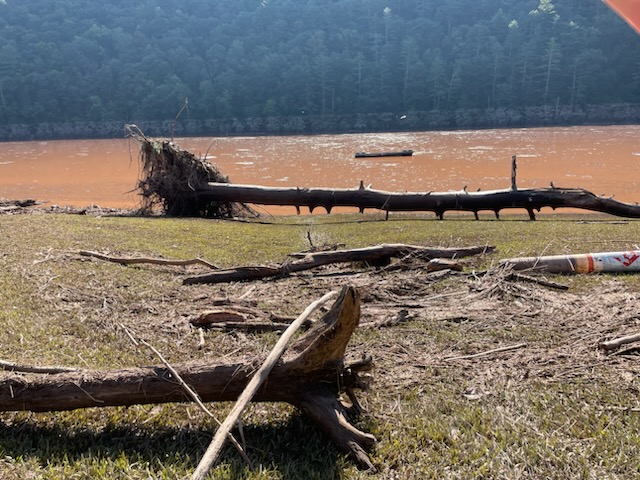Resources for visitors and residents in PA Wilds communities impacted by flooding
Remnants from Hurricane Debby brought severe rain and flooding to much of the Pennsylvania Wilds region, especially the northeastern section that includes Tioga, Potter, and Lycoming Counties.
Some roads that carry residents and visitors through the region were covered with debris or washed out. Electricity and internet suffered temporary outages, affecting the daily lives and wellbeing of residents even beyond where floodwaters reached. Businesses had to temporarily close their doors to bail out water and protect their assets. Vehicles were pushed off of roadways, and drivers were stranded in precarious situations. Homes were damaged by water and downed trees, leaving residents financially affected or without a safe place to live. Camps and cabins were damaged too, with water washing away decades of precious memories for families who called the PA Wilds a peaceful vacation spot.
Although there were challenges and deep losses during the flooding, the disaster also brought light to shining examples of people stepping up and helping each other during times of need.
Close-knit communities and small towns have a true talent for pulling together in tough times. Neighbors worked together to get water out of basements or provide a place to stay. Emergency crews from across the region cleaned up branches and debris, rescued stranded motorists and residents, and kept people safe. As worried camp owners tried to find out about their properties, residents updated social media and posted photos. Government officials and media outlets provided info about current conditions and resources for those who were affected.
Photos from Little Pine State Park, courtesy of the PA Department of Conservation and Natural Resources (DCNR)
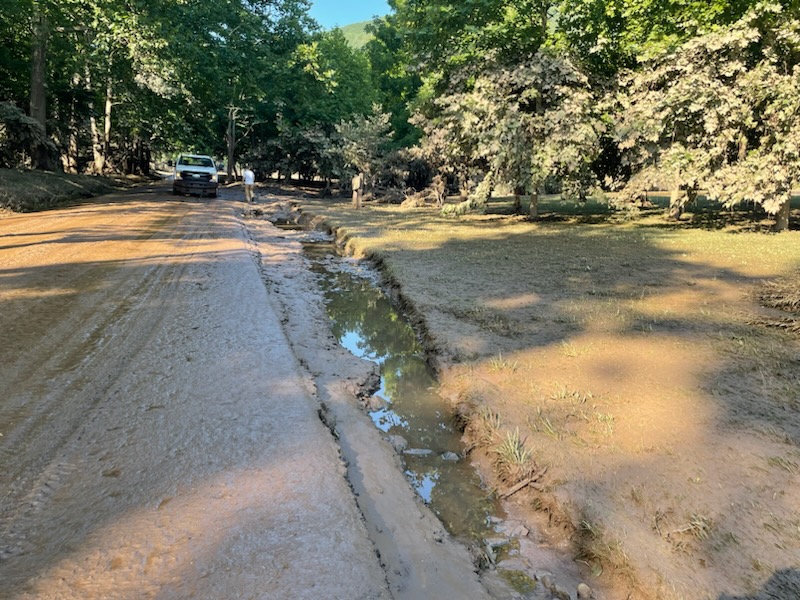
Public lands temporarily affected
Some state parks and other public lands throughout Potter, Tioga, and Lycoming Counties were affected by the storm.
For example, Little Pine State Park suffered extensive damage from flooding, especially to the infrastructure north of the park along Little Pine Creek. Several camps and outbuilding were lost or torn off of foundation. The lake day-use area was underwater, along with the shooting range. The park office became temporarily inaccessible.
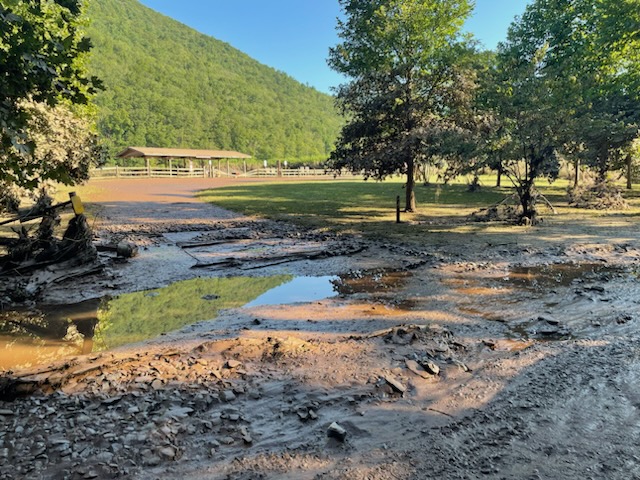
Lyman Run State Park also suffered from the sudden flooding. As of August 15, no swimming is allowed at Lyman Run for the time being. Although visitors can enjoy the sandy beach, fish, boat, and get ice cream, the water is closed to swimmers. The water quality has been temporarily compromised due to the flooding.
Check the PA Department of Conservation and Natural Resources website to look up state parks or forests before visiting.
Were you affected by flooding? Resources are available
If not done already, individuals and businesses are encouraged to report property damages to their municipal or county emergency management offices as soon as possible.
Any disaster survivors across the Commonwealth in need of recovery assistance should contact the Pennsylvania Voluntary Organizations Active in Disaster (PAVOAD), a coalition of local, state, and national volunteer organizations providing aid during disaster recovery, including clean up assistance. PAVOAD has established a Debby-specific website and crisis hotline 1-844-965-1386. For other disaster assistance available, survivors can contact PA 211 by dialing 2-1-1, or 1-855-567-5341.

Those affected can also reach out directly to their borough, township, or county officials for specific information about resources that are available for their location.
For disaster assessments in Lycoming County, individuals can call or email the Lycoming County Department of Public Safety at: 570-433-4461 (Monday – Friday 8:30 AM – 4:30 PM) or email at ema@lyco.org. For flood mitigation inquiries in Lycoming County, contact the Lycoming County Planning Department’s Hazard Reduction Planner, Kelsey Green, either by phone at 570-320-2133 or by e-mail at kgreen@lyco.org.
Tioga County and Potter County have both planned Multi Agency Resource Centers (MARCs) to offer resources and information to those who were affected by the flooding. Reach out to Tioga County and Potter County officials for more information about where and when you can attend these MARCs.
Tioga County MARC: Cowanesque Valley High School (51 N. Fork Rd., Westfield, PA 16950) on Thursday, Aug. 15: 12 p.m. to 8 p.m.; Friday, Aug. 16: 12 p.m. to 8 p.m.; and Saturday, Aug. 17: 10 a.m. to 6 p.m.
Lycoming County MARC: Hepburn Township Fire Hall (615 Route 973 East – Cogan Station, PA, 17728) on August 19, 20, and 21 from noon to 8 p.m.
Information can also be found about what types of donations are appropriate and in need for each community.
Donate locally
If you would like to make a monetary donation to assist with flood relief efforts, call your county’s administrative office and ask where donations are being directed. Please also remember your local fire companies and emergency services can benefit from donations made directly to them.
Specifically in Tioga County, the Tioga County Commissioners have asked that you please send donations to the Tioga County Partnership for Community Health at 33 Pearl Street, Wellsboro, PA 16901.
Plan Ahead and Prepare
Use the guidelines of Leave No Trace when exploring. One of the 7 Principles of Leave No Trace, Plan Ahead and Prepare, can help make sure you have a good experience and are aware of anything that could affect your travel.
In this case, planning ahead and preparing can mean checking websites related to public lands and roadways.
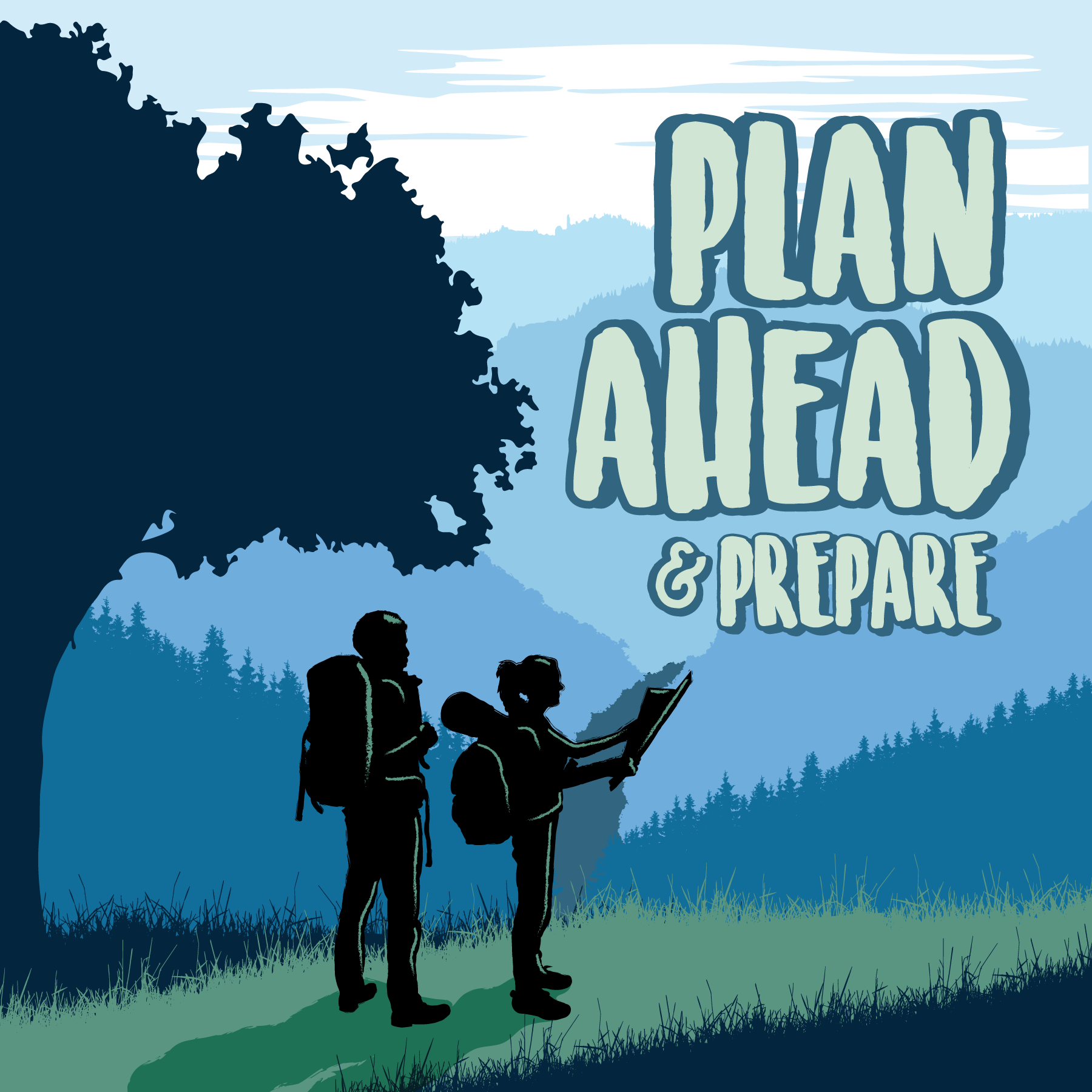
Here are a few tips for how to deal with flooding:
- Find safe shelter right away.
- Do not walk, swim or drive through flood waters. “Turn Around, Don’t Drown!”
- Remember, just six inches of moving water can knock you down, and one foot of moving water can sweep your vehicle away.
- Stay off bridges over fast-moving water.
- Depending on the type of flooding, you may be told to evacuate, move to higher ground or a higher floor, or stay where you are. Listen to media coverage and emergency advisories to know what is recommended.
- Ready.gov says floods are the most common disaster in the United States. Failing to evacuate flooded areas or entering flood waters can lead to injury or death. If there is a flood in your area, always follow instructions to stay safe.
Check the PA Department of Conservation and Natural Resources website to look up state parks or forests where you are planning to visit in order to find news, advisories, and recommendations. Remember to check the DCNR website any time you are visiting a state-owned park, forest, or other public lands, to ensure you have the latest information and that your trip goes off without a hitch. Visit the specific page for each state or forest that you plan to visit. These specific pages make sure that visitors are aware of temporary advisories or seasonal changes.
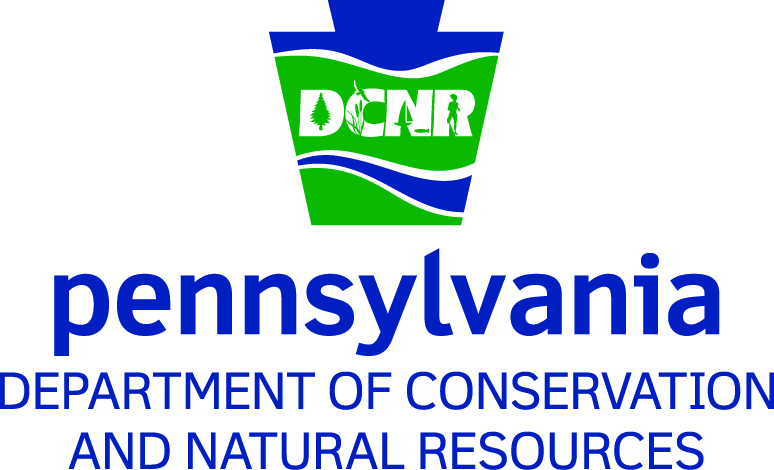
When traveling on state-owned roadways to get to your destination, the Pennsylvania Department of Transportation (PennDOT) has the 511PA website and app that is regularly updated with traffic information, advisories, delays, closures, and restrictions. Some roadways even have cameras that 511PA users can view to see real-time traffic and weather conditions.

Make a difference
Want to help the areas that were affected by flooding in the PA Wilds? You can make a difference!
Check out the PA Wilds volunteer landing page to get inspiration and contact information for groups that are regularly looking for volunteers. You can also read this blog to hear from volunteers about why they love giving back in their communities.
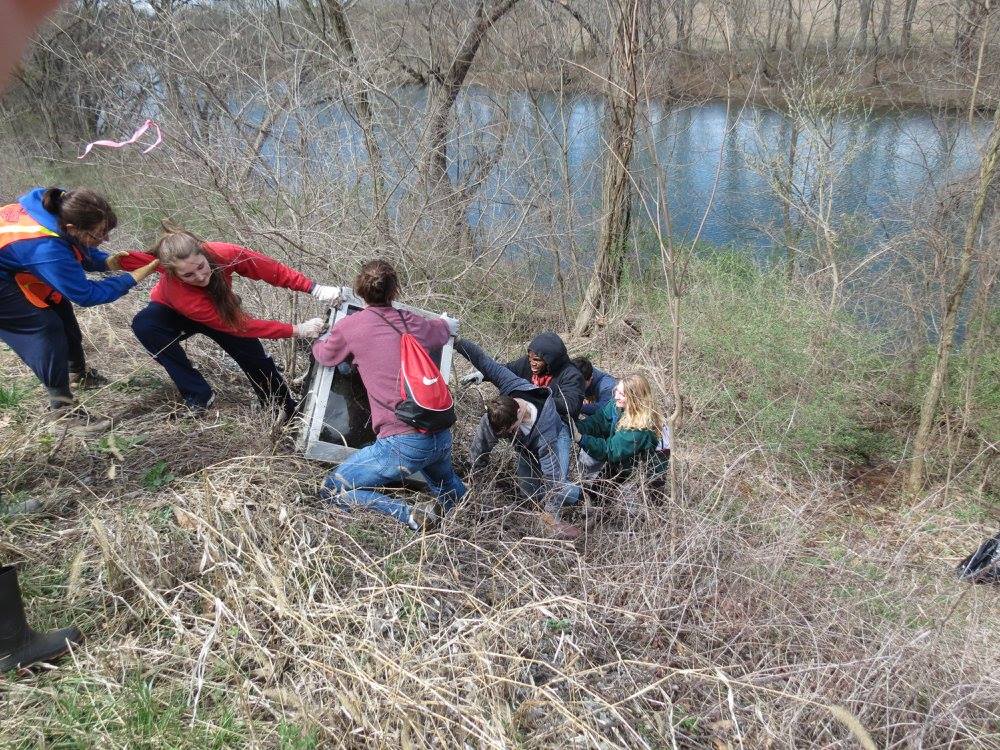
To donate to a specific community or county, reach out to the county’s government officials or planning office to find up-to-date donation efforts and recommendations. Also consider donating directly to your local fire department, EMS, Red Cross, or other emergency services.



